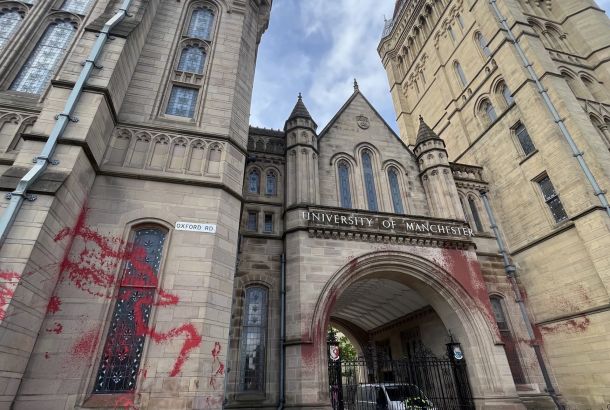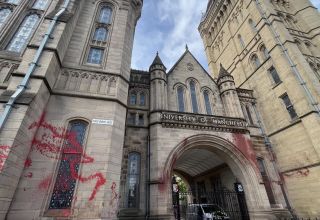Senate elections and explainer: what is it and who is on it?

12 new members have been elected onto the University Senate.
The University of Manchester describes the Senate as the “principal academic authority”. It is responsible for crucial decisions such as “standards of teaching” and “regulating discipline”. They are the highest academic authority under the Board of Governors.
According to Ordinance XXXI of the University, they perform crucial roles such as promoting research, monitoring academic practices, establishing collaborative schemes with external partners and overseeing student admissions.
Senate members include the University president, heads of schools, and school board chairs.
As of September 2023, 100 Senate members attend meetings 6 times per academic year. 40 of these are elected roles with a further 8 being elected students.
This small number of student members is made up of all the Officers appointed in SU elections.
Meetings of the Senate are often a chance for university authority to hear reports and receive updates that concern day-to-day issues.
Senate meetings are also transcribed for students and staff to access.
These events have previously been interrupted by Pro-Palestine protestors who questioned the universities link to Israeli and graphene.
Recent elections will see members holding officer for the next three years, until August 31, 2027.
During this year’s election, 12 roles were up for election. These vacancies were in the Faculties of Humanities, Science and Engineering as well as the faculty of Biology, Medicine and Health.
Ballots opened on March 13 with academic and research staff being eligible to vote. Results were announced on April 10.
The full list of elected members can be seen here.







